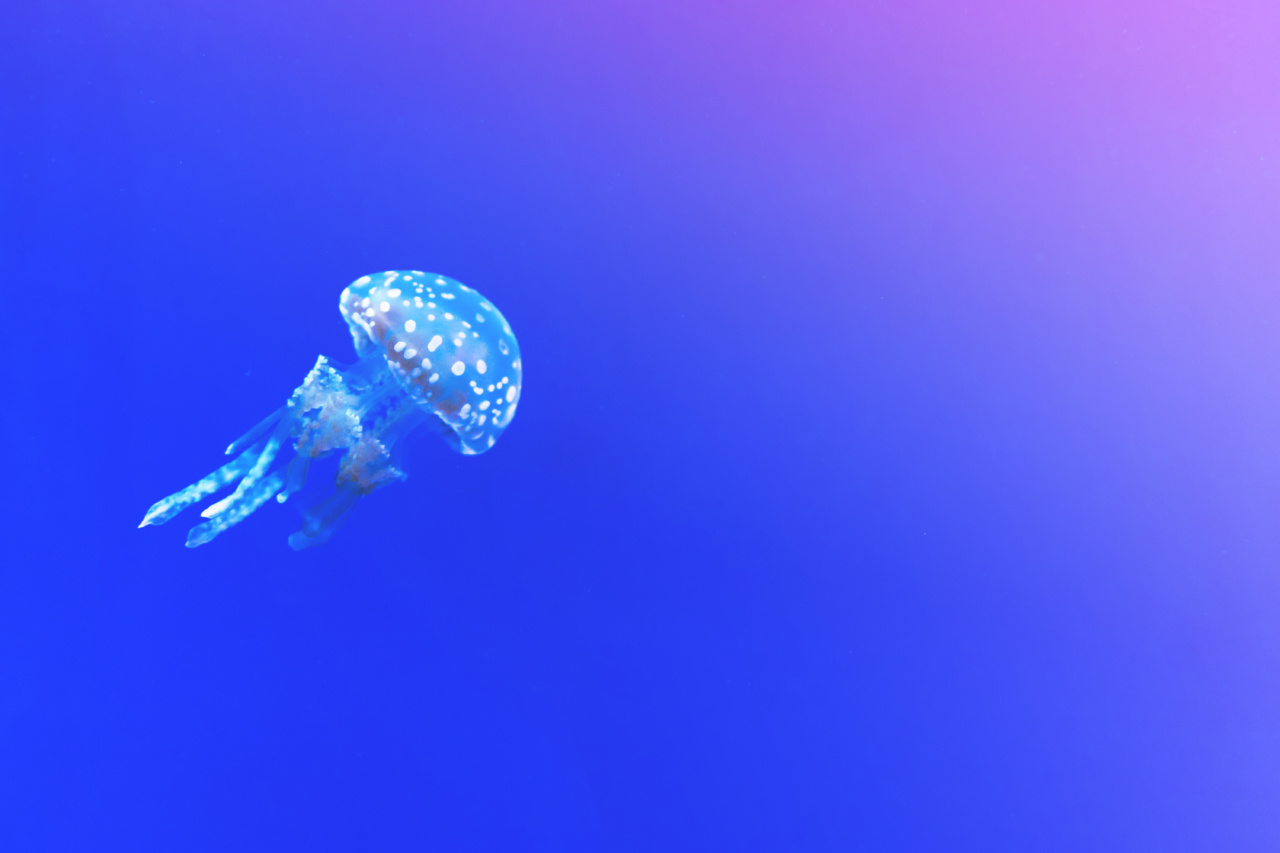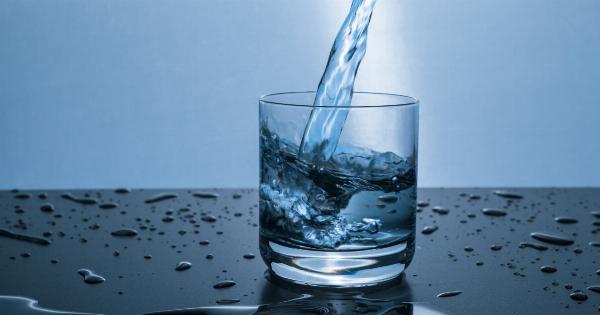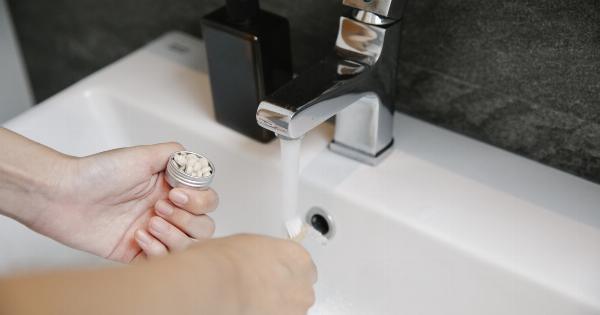Water is an essential element of life and is required for many vital functions in the human body. From digestion to regulation of body temperature and removal of waste, water plays a crucial role in maintaining good health.
We have often heard that we should drink at least eight glasses of water a day, but is that really the case? Let’s dive deeper into the science of hydration and find out how much water we actually need.
Factors affecting water intake
Several factors affect the amount of water we need to drink in a day:.
- Body weight: The larger the body, the more water it needs to function properly.
- Physical activity: Being physically active increases the amount of water loss due to sweating, which needs to be replenished.
- Climate: The warmer the weather, the more water we need to stay hydrated.
- Diet: Eating foods that are high in water content such as fruits and vegetables can contribute to our daily water intake.
- Health status: Certain medical conditions may require an individual to consume more water per day.
Recommended daily water intake
The amount of water a person needs to drink in a day varies depending on their age, weight, and activity level. However, the general recommendation for water intake is:.
- Adults: 2-3 liters (8-12 cups) per day.
- Children: 1-2 liters (5-8 cups) per day.
- Pregnant and breastfeeding women: 3 liters (12 cups) per day.
It is important to note that this recommended intake includes water from all sources including beverages and foods high in water content.
However, individuals should aim to consume more water than usual if they are exercising, in hot climates, or are experiencing any medical condition that may require increased hydration levels.
Signs of dehydration
It is important to recognize the signs of dehydration, which occurs when there is an inadequate amount of water in the body. Some common signs of dehydration include:.
- Thirst: Dry mouth and feeling thirsty are the first signs of dehydration.
- Headache: Dehydration can cause headaches and migraines.
- Dizziness: Low levels of water in the body can result in dizziness and lightheadedness.
- Confusion: Dehydration can cause confusion and difficulty concentrating.
- Dark urine: Urine color can indicate hydration levels, and dark yellow or amber urine is a sign of dehydration.
Benefits of drinking enough water
Drinking enough water has many benefits including:.
- Improved digestion: Water helps in digestion and prevents constipation.
- Boosted immunity: Drinking enough water can boost the immune system by flushing out toxins from the body.
- Increased energy levels: Drinking enough water helps in keeping the body hydrated and can result in increased energy levels.
- Healthier skin: Drinking enough water helps in keeping the skin hydrated, resulting in healthier and younger-looking skin.
- Improved brain function: Adequate hydration helps to improve cognitive function and can result in better concentration levels.
Conclusion
Water is a vital component of human life and plays an essential role in maintaining good health. The recommended daily water intake varies depending on several factors, including age, weight, and physical activity levels.
Drinking enough water has many benefits, including improved digestion, stronger immunity, and healthier skin. By drinking enough water, we can ensure that our body functions optimally and we feel our best.





























